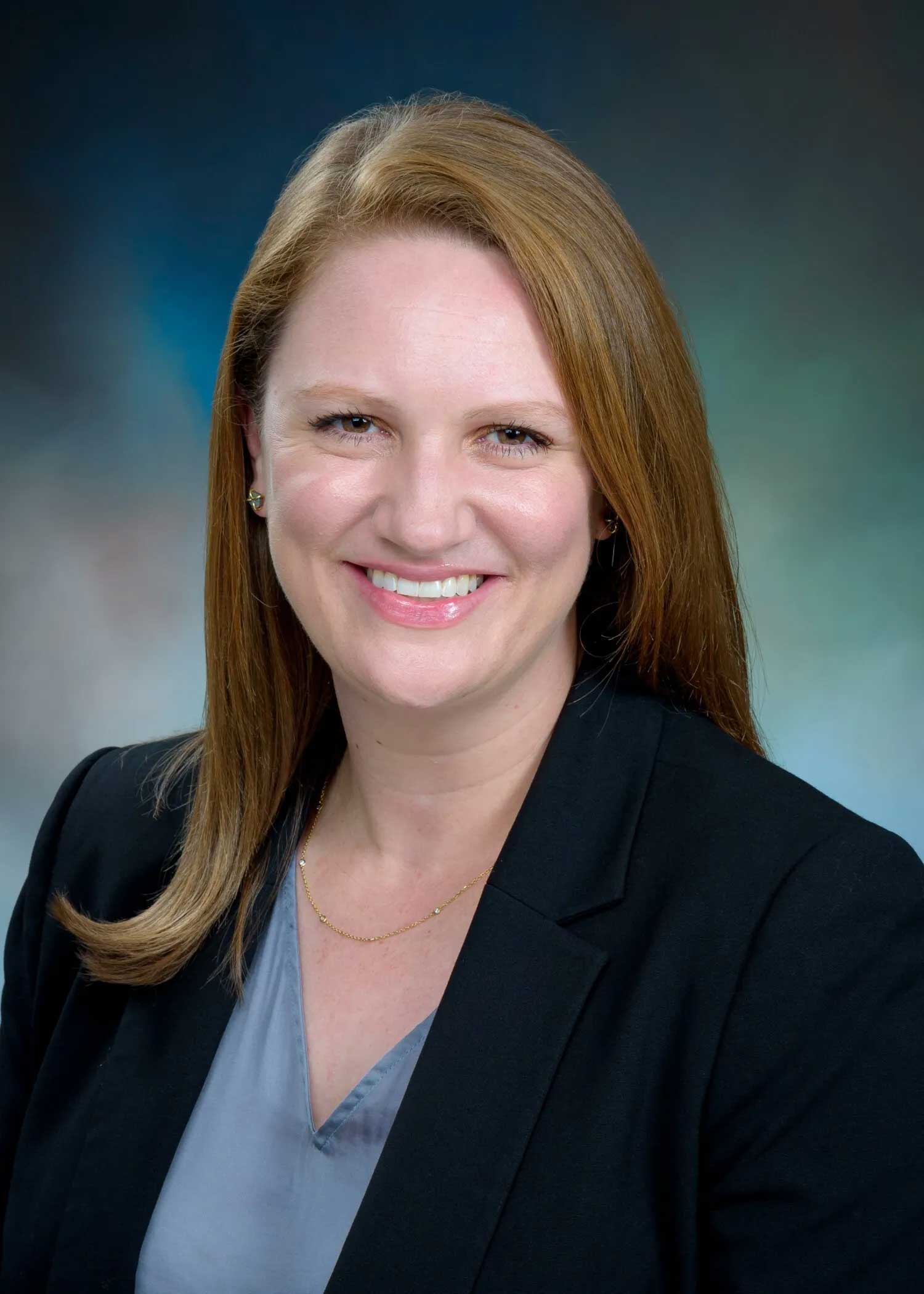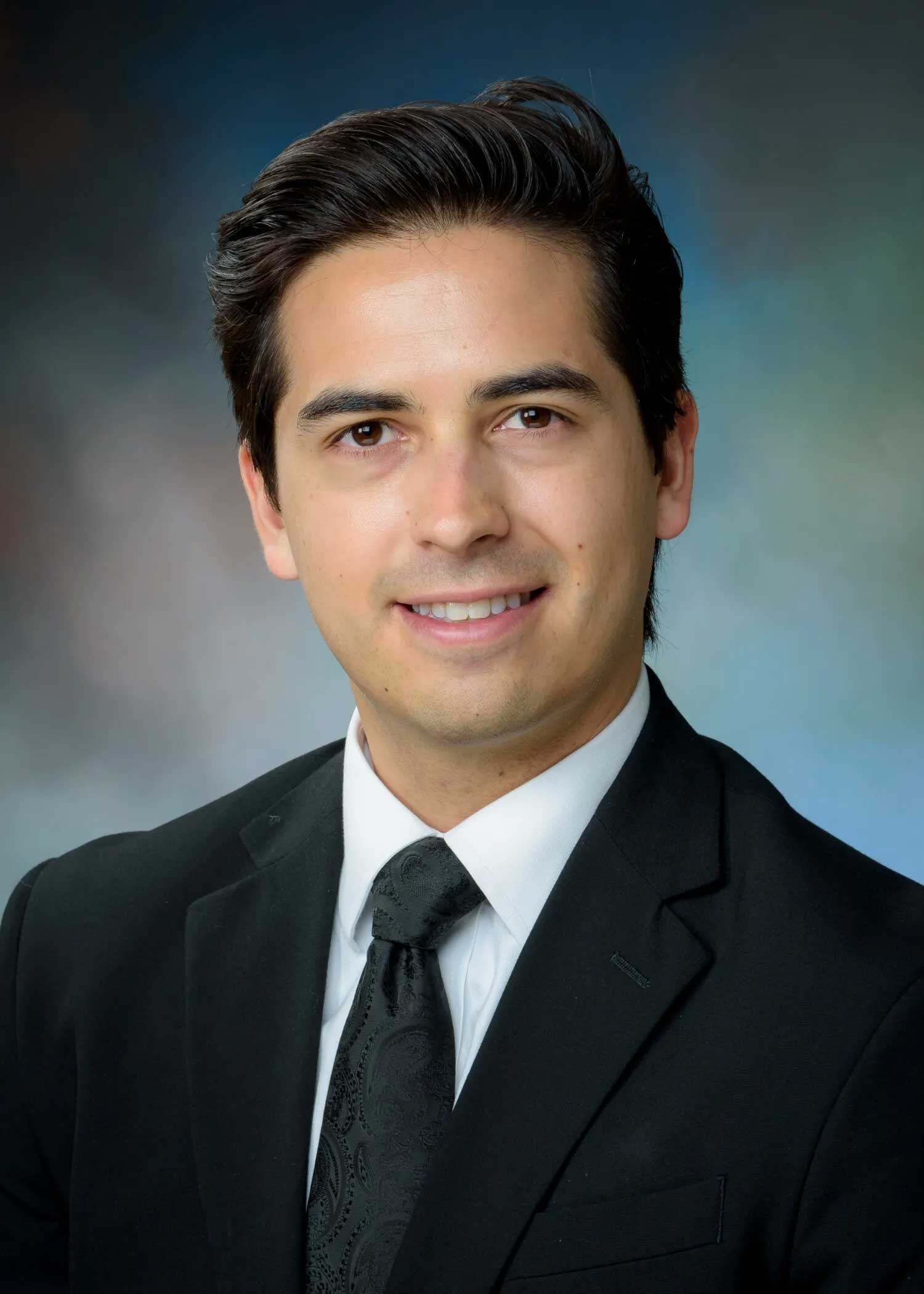UTMB child psychologists Dr. Claire Kirk and Dr. Cody Dodd spoke with Houston Moms Meagan Callahan about how to help children navigate traumatic events and disasters. They shared expert advice on fostering resilience, having age-appropriate conversations, and recognizing when it's time to seek professional support.
To learn more, watch the full discussion.

Dr.
Kirk is a licensed clinical psychologist and assistant professor in the
Department of Psychiatry and Behavioral Sciences at UTMB. She
engages in clinical work, research, teaching, and training, with the aim of
advancing the field of clinical psychology, particularly as it relates to
childhood trauma. She is also dedicated to improving access to mental health
care for vulnerable and underserved youth.

Dr.
Cody G. Dodd is a clinical psychologist and assistant professor in the
Department of Psychiatry and Behavioral Sciences at the University of Texas
Medical Branch at Galveston. Dr. Dodd engages in research and treatment related to
traumatic stress and its impact on children and families.